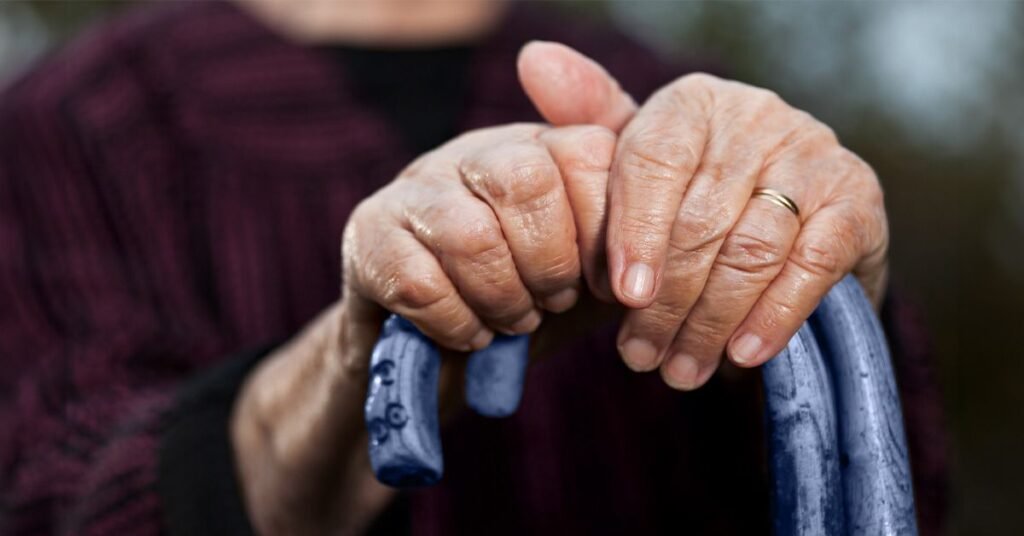Older adults who experience traumatic injuries due to falls are more likely to receive a diagnosis of Alzheimer’s disease or another form of dementia at a later stage in life, as shown by a study published in JAMA Network Open. The study, conducted by researchers at Brigham and Women’s Hospital, analyzed data from over 2 million older adults who had sustained a traumatic injury, with 10 percent of them receiving a dementia diagnosis within a year of their fall. This connection between falls and dementia highlights the importance of cognitive testing for older adults who have been hospitalized following a fall.
The average age of patients who experienced a fall in the study was 78, with more women falling than men. Older adults over the age of 65 who suffer traumatic injuries from falls are more susceptible to developing cognitive decline. Head injuries can contribute to dementia through direct damage to brain cells, and repeated traumatic brain injuries can increase the risk of certain types of dementia later in life. The progression of Alzheimer’s disease typically includes a loss of motor skills, such as difficulty with balance or orientation, which can increase the risk of falls.
While the study couldn’t establish a direct link between falls and dementia, it highlighted the need for cognitive screening for older adults hospitalized following a fall to aid in early dementia diagnosis. These findings suggest a potential two-way relationship between falling and the development of cognitive diseases, as some patients may have had undiagnosed dementia prior to their fall. Decline in cognition can impact motor skills, potentially leading to falls, with mild cognitive impairment serving as a precursor condition to more serious forms of dementia.
Certain types of dementia, such as Lewy body dementia or Parkinson’s dementia, may increase the risk of falls, making cognitive screening a valuable tool in assessing older adults who have experienced falls for potential dementia diagnoses. Various age-related medical conditions, such as heart disease or diabetes, can increase the risk of falls and be associated with the development of dementia. Simple outpatient cognitive screenings, like a mini-mental status exam, could be recommended for older patients who have experienced ground-level falls to identify any cognitive impairment that may increase the risk of future falls and dementia.
The complex relationship between falls, cognitive decline, and dementia underscores the importance of comprehensive assessments and interventions for older adults to mitigate these risks. Early detection of cognitive impairment through cognitive screening can help prevent falls and provide timely management of dementia, enhancing the overall quality of life for older individuals. By acknowledging the potential links between falls and dementia and implementing appropriate screening measures, healthcare providers can better support the health and well-being of aging populations at risk of cognitive decline.












